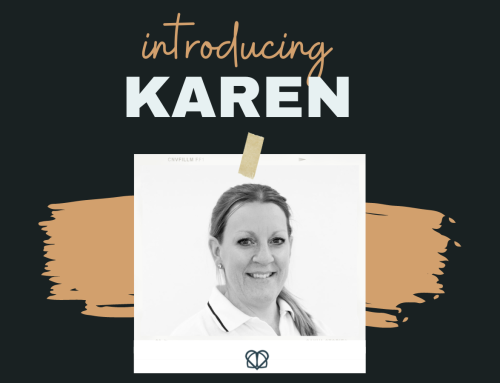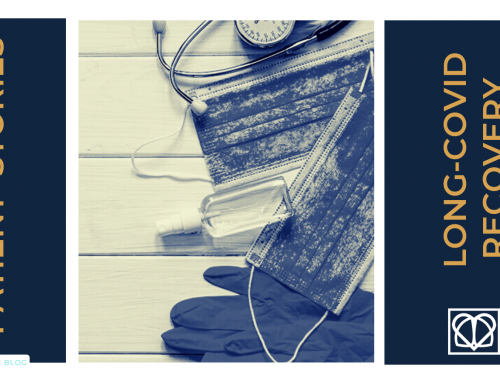If you’re finding you’re feeling incredibly fatigued as you recover from covid, you’re one of many long covid sufferers. There’s a very real danger of overdoing it if you have long covid. This overreaching can in turn see you battling with relapses.
Managing your recovery can seem like an impossible task but there are techniques you can apply to your recovery that will help. Most people who have long covid can expect to feel only a gradual, protracted improvement in their breathlessness and energy levels. Part of this process is to practice careful pacing, prioritisation, and modest goal setting.
Let’s focus first on pacing…
What is pacing?
Pacing is a recognised method for self-management of a condition. It involves combining specialist knowledge, skills
and strategies to be able to manage their recovery so they feel an improvement in their quality of life. As specialists in respiratory illnesses, it’s something that respiratory physiotherapists can help you with.
It’s important to take the psychological impact of pacing into account. Approaching any activity in a steady, balanced way will mean you’re less likely to overdo things. It’s all about setting yourself sensible limits so that you don’t run the risk of aggravating any symptoms which may see you prolonging your recovery.
Be realistic about your goals. In so doing, you’re much more likely to achieve them. Finding the right balance between activity and rest is key.
How can pacing help?
Pacing yourself throughout your day should provide you with useful strategies to:
• improve control over your recovery
• reduce the frequency and severity of setbacks
• adopt strategies to help you plan and problem-solve around limited capacity
• communicate clearly to others what you feel able to do.
How do you pace yourself?
Firstly, it’s important to remember that we’re not just talking about pacing your physical activity – it’s all activity. Mental activity such as reading a book or watching TV as well as emotional activity when you’re having a conversation with someone, for example, all counts.
There are 3 main elements to pacing:
- analysing your activity
- establishing a sustainable baseline
- balancing your activity with rest and relaxation.
1. Analysing your activity
This involves working out just how demanding the everyday tasks you want/need to achieve are for you, right now. Sometimes mental or emotional activities can actually seem more draining than physical tasks – take some time to look at your individual tasks and try measure the skills and energy needed to achieve them.
2. Establish a baseline
Be honest with yourself how much you can realistically achieve and can be sustained on a regular basis. This is your baseline level – the point to which you can undertake an activity without feeling a worsening of symptoms such as breathlessness or fatigue.
3. Include rest and relaxation throughout your day
Allowing your body time to rest and recuperate as you undertake any activity will help reduce the risk of becoming overwhelmed. This rest phase is as important as activity within your recovery.
You may need to rethink what “rest” is for you within the long covid context. You may have used what would be considered mental activities to relax in the past, like reading, or perhaps you used to relax doing physical exercise. But you may now find it’s better to be quiet and still, both physically and mentally.
In our next blog we’ll cover in more detail how to analyse your activity using a diary, the questions to ask yourself when it comes to setting a sustainable baseline and the relaxation techniques that could help you maximise your rest and relaxation phase.





